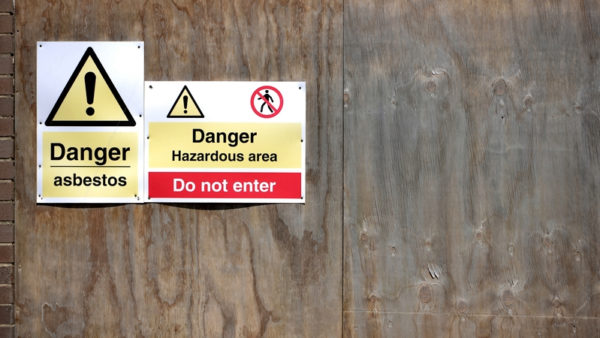
What makes a compelling construction sustainability report? Kye Gbangbola, author of a new book on the subject, explains.
We are amid a global sustainability and climate crisis, recently called out by the likes of Greta Thunberg, Sir David Attenborough and Severn Suzuki. As seen in the film Don’t Look Up, we can all see the danger, but choose to turn a blind eye, preferring to listen to the fake news and misinformation of the greedy, instead of acting for the common good.
Sustainability reporting is now mandatory for organisations. Failure to comply will have legal and reputational consequences. Reporting helps investors to secure stable returns, and organisations improve performance in closing the gap between the world as it is, and the sustainable world we need to be.
An organisation’s ESG (environmental, social and governance) reporting processes are vital public documents that frame an organisation’s sustainability intentions, purpose and performance.
Sustainability reporting
More than 50 stock exchanges around the world require an organisation to have a sustainability report to be listed, with 75% of the Fortune Top 500 using the Global Reporting Initiative (GRI).
GRI is, by a considerable distance, the recognised leader among globally compliant reporting methodologies. The 2021 GRI Standard wraps its arms around the other main standards and achieves alignment through formal ‘linkage documents’.
GRI also links with the UN Sustainable Development Goals, and the EU Non-Financial Reporting Directive, which evolved to become the EU Corporate Sustainability Reporting Directive (CSRD).
“A sustainability report should be a disciplined corporate document. Any stakeholder should be able to pick one up and know what its content will be.”
A sustainability report should be a disciplined corporate document. Any stakeholder should be able to pick one up and know what its content will be. It should be concise, accurate, compelling and clear on where the organisation creates value.
As we get closer to 2050 and its legally binding target of a 100% cut in carbon emissions, it’s likely that those organisations that can’t show they are operating to high ESG standards will increasingly be overlooked.
Those looking for advice and direction should look to professional institutions with global membership like CIOB. It has many chartered environmentalists among its members, and offers sustainability leadership courses at its Academy.
Get the reporting right
My new book Gold Standard ESG and Sustainability provides advice on how to report sustainability, based on experience supporting and advising organisations including the sustainable 2012 Olympic Games. Here are some pointers.
- Get expert advice, get cracking, save time. Reporting standards refer to the importance of experts. To do reporting well, appreciate the need for registered experienced sustainability professionals who will happily talk you through the processes.
- Know your angle before starting. Organisations increasingly refer to the simple need to access future investment.
- Get ahead of the game. The 2022 EU Corporate Sustainability Reporting Directive, is now law. Many organisations started acting last year, so the time to get started is now.
- Learn how to use reporting standards to tell your story, demonstrating commitment to ESG.
- Learn the type of reporting that generates credibility and trust among stakeholders
Kye Gbangbola FCIOB is an award-winning sustainability consultant and founder of Total Eco Management










